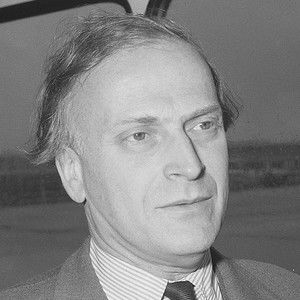Yehudi Menuhin
Birthday: 1916-04-22
Deathday: 1999-03-12
Birthplace: New York City, New York, USA
Gender: Male
Owned By: Unowned
Yehudi Menuhin, Baron Menuhin, (22 April 1916 – 12 March 1999) was an American-born violinist and conductor who spent most of his performing career in Britain. He is widely considered one of the great violinists of the 20th century. He played the Soil Stradivarius, considered one of the finest violins made by Italian luthier Antonio Stradivari.
Yehudi Menuhin was born in New York City to a family of Lithuanian Jews. Through his father Moshe, he was descended from a rabbinical dynasty. In late 1919, Moshe and his wife Marutha (née Sher) became American citizens, and changed the family name from Mnuchin to Menuhin. Menuhin's sisters were concert pianist and human rights activist Hephzibah, and pianist, painter and poet Yaltah.
Menuhin's first violin instruction was at age four by Sigmund Anker (1891–1958); his parents had wanted Louis Persinger to teach him, but Persinger refused. Menuhin displayed exceptional musical talent at an early age. His first public appearance took place as an accompanist to another child prodigy, pianist Viola Walters, at the Imperial Theater’s Golden Hour Saturday matinee on January 21, 1921. Menuhin was five years old at the time. Two years later, when he was seven years old, Menuhin appeared as solo violinist with the San Francisco Symphony Orchestra in 1923. Persinger then agreed to teach him and accompanied him on the piano for his first few solo recordings in 1928–29.
Julia Boyd records: " On 12 April 1929 it [the Semperoper] cancelled its advertised programme to make way for a performance by the twelve-year-old Yehudi Menuhin. That night he played the Bach, Beethoven and Brahms violin concertos to an ecstatic audience ... The week before, Yehudi had played in Berlin with the Philharmonic under Bruno Walter to an equally rapturous response."
A newspaper critic said of his Berlin performance: "There steps a fat little blond boy on the podium, and wins at once all hearts as in an irresistibly ludicrous way, like a penguin, he alternately places one foot down, then the other. But wait: you will stop laughing when he puts his bow to the violin to play Bach's violin concerto in E major no.2."
When the Menuhins moved to Paris, Persinger suggested Menuhin go to Persinger's old teacher, Belgian virtuoso and pedagogue Eugène Ysaÿe. Menuhin did have one lesson with Ysaÿe, but he disliked Ysaÿe's teaching method and his advanced age. Instead, he went to Romanian composer and violinist George Enescu, under whose tutelage he made recordings with several piano accompanists, including his sister Hephzibah. He was also a student of Adolf Busch in Basel. He stayed in the Swiss city for a bit more than a year, where he started to take lessons in German and Italian as well.
According to Henry A. Murray, Menuhin wrote: "Actually, I was gazing in my usual state of being half absent in my own world and half in the present. I have usually been able to "retire" in this way. I was also thinking that my life was tied up with the instrument and would I do it justice?" — Yehudi Menuhin, personal communication, 31 October 1993. ...
Source: Article "Yehudi Menuhin" from Wikipedia in English, licensed under CC-BY-SA 3.0.
Credits
| Year | Title | Character | |
|---|---|---|---|
 |
Yehudi Menuhin: The Violin of the Century | ||
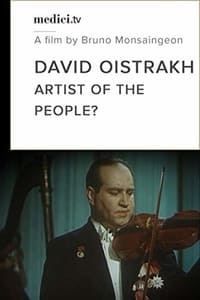 |
1996-06-27 | David Oistrakh: Artist of the People? | |
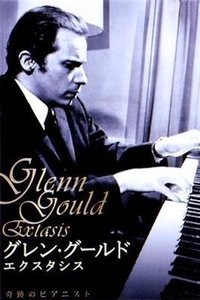 |
1993-12-31 | Glenn Gould: Extasis | |
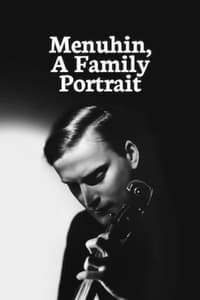 |
1991-08-12 | Menuhin, A Family Portrait | |
 |
1985-01-01 | Teacher | we własnej osobie |
 |
1977-01-01 | The Chinese Word for Horse | |
 |
1970-01-01 | Yehudi Menuhin, chemin de lumière | |
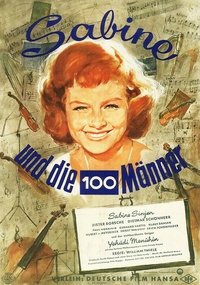 |
1960-12-22 | Sabine und die hundert Männer | |
 |
1943-06-24 | Stage Door Canteen | Yehudi Menuhin |
